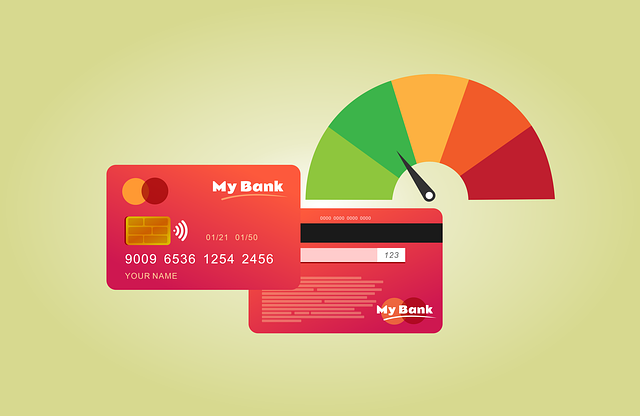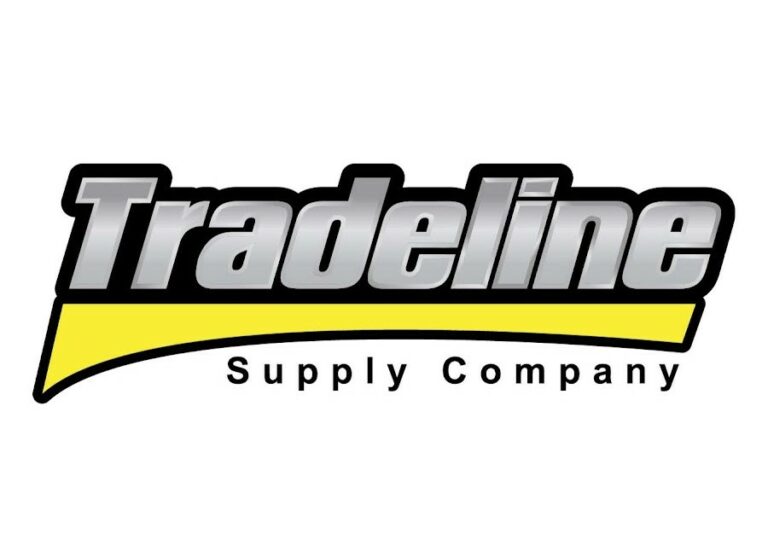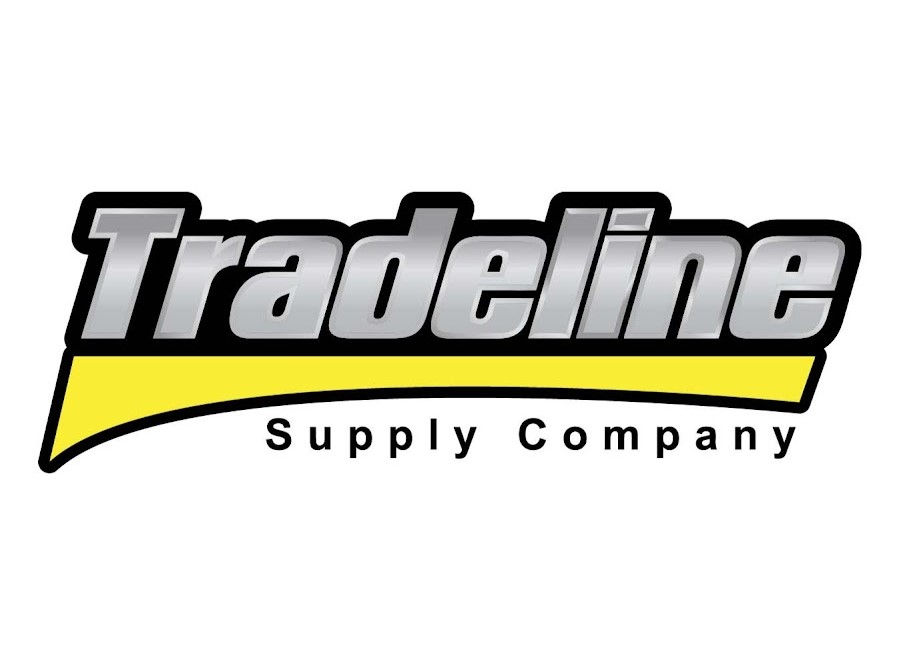What is a Business Credit Card?

A business credit card is a financial tool designed for business expenses. It allows small businesses to make purchases and manage cash flow. Many small business credit cards offer rewards, such as cashback or travel points. They can help separate personal and business finances.
Business credit cards differ from personal credit cards in several ways. First, they are designed specifically for business use. This means they often come with higher credit limits. They also provide features that benefit businesses, like expense tracking tools. Personal credit cards focus more on individual spending and may not offer these features.
Corporate cards are another type of credit card option for companies. These are usually issued to employees rather than the business owner. Corporate cards often have stricter approval processes and higher fees. They are meant for larger companies with multiple employees making business purchases on behalf of the company.
Understanding these differences helps small business owners choose the right card for their needs. Different business credit card options exist based on spending habits and company size.
Choosing the right card can improve cash flow management and help earn rewards. Many issuers provide various options tailored to different types of businesses.
What’s the difference between a Soft Credit Pull & a Hard Credit Inquiry?

Lenders and credit card issuers typically conduct a personal credit check to review your credit history and decide on applications. They want to know how well you manage debt. This helps them assess the risk of lending money or extending credit to you. Financial companies can conduct a hard or soft credit pull.
Hard Credit Pull
A hard credit inquiry occurs when you apply for a new credit account, like a business credit card. During this process, lenders check your full credit report. This type of inquiry can cause your credit score to drop by a few points.
The impact varies based on many variables in your credit history. When you apply for many credit cards at once, it leads to several hard inquiries. Each inquiry stays on your report for two years but only affects your score for one year. For example, applying for three cards in one month could mean three hard inquiries on your report. Lenders might view this as a sign of financial distress.
Soft Credit Pull
In contrast, a soft pull does not affect your credit score. Soft pulls happen during pre-approvals or when checking your own credit report. They provide lenders with essential information without accessing your complete credit history. Soft pull credit cards let you see if you qualify before applying.
Pre-approved cards typically only require a soft credit pull. This means you can check options without worrying about harming your score. Many lenders use soft pulls during their initial review process. This helps applicants see if they are likely to be approved or not before committing to a full application with a hard credit inquiry.
What are the Best Business Credit Cards with a Soft Pull?

Soft credit pull credit cards allow you to check your eligibility without affecting your personal credit scores. This is a good option for small business owners with a lower credit score or who want to protect a good or excellent score.
Here are some of the best soft credit pull business credit cards.
OpenSky® Secured Visa® Credit Card
The OpenSky® Secured Visa® Credit Card is a popular choice. It requires a security deposit that acts as your credit limit. There are no credit checks, making it easier for those with lower scores to qualify. The card reports to major business credit bureaus. This helps build or improve your business credit history.
Capital on Tap Business Credit Card
Capital on Tap offers a business credit card without foreign transaction fees. It allows you to earn rewards on business purchases. This card uses soft pulls for initial approvals. Users can access their credit limits quickly, which helps grow businesses.
BILL Divvy Corporate Card
The BILL Divvy Corporate Card is designed for expense management. It provides real-time spending tracking and budgeting tools. This card also uses soft pulls during the application process. Businesses can benefit from no foreign transaction fees and easy integration with accounting software.
First Progress Platinum Prestige Mastercard® Secured Credit Card
First Progress offers a secured credit card option. Similar to other secured cards, a security deposit is required. The card reports to major business credit bureaus, aiding in building your business credit profile. Soft pulls are used, which means applying won’t hurt your score.
Secured Self Visa® Credit Card
The Secured Self Visa® Credit Card helps users build or rebuild their credit. It requires a security deposit that becomes your limit. This card reports to major credit bureaus and uses soft pulls. It’s a good option for those focusing on improving their personal and business credit.
Applied Bank® Secured Visa® Gold Preferred® Credit Card
Applied Bank’s Secured Visa® Gold Preferred® is another option for building credit. It comes with a low annual fee and flexible payment terms. This card also utilizes soft pulls for approval, making it accessible for many users. Regular reporting helps establish a strong credit history.
Brex For Startups
Brex For Startups targets new businesses and provides unique benefits. It does not require personal guarantees or deposits. The application process involves soft pulls, which helps protect personal scores. Brex also offers rewards tailored to startups, making it an attractive choice.
What are the benefits of Soft Pull Business Credit Cards?
Soft pull business credit cards offer several benefits. One significant advantage is that they do not impact your personal credit score. This means you can apply for a card without worrying about a hard inquiry affecting your score.
These cards are often available to those with fair or even poor credit, opening doors for many who may struggle to qualify for traditional credit cards. Business owners can still access necessary funding without facing harsh penalties.
They provide a way to finance essential business expenses like inventory or equipment. For example, a small bakery can purchase ingredients using these cards. This helps them manage cash flow while building their business.
Responsible soft pull business credit card management can improve credit scores over time. Small businesses can demonstrate good payment habits by making timely payments. This responsible use reflects positively on both their business and personal credit scores.
Some soft pull business credit cards offer rewards programs. These programs allow businesses to earn points or cash back on purchases. For instance, a marketing firm could earn rewards on advertising expenses. This adds extra value to the card beyond just access to funds.
Many small business credit cards also come with added features. Some include expense tracking tools and reporting capabilities. These features help business owners manage their finances better. They can see where their money goes and make informed decisions.
What are the drawbacks of Soft Pull Business Credit Cards?
Soft pull business credit cards have some disadvantages. One major drawback is the limited options available. Many banks and lenders do not offer soft pull business credit card options. This means fewer choices for business owners looking for the right card. Some may find it hard to find a card that meets their needs.
Most soft pull credit cards are secured credit cards. These require a security deposit to open, which acts as collateral against the credit limit. This can be a barrier for some businesses that prefer not to tie up cash in a deposit.
Soft pull business credit cards often come with lower credit limits and higher interest rates. Businesses may find themselves facing costs that add up quickly. Higher interest rates mean more money paid back over time. This situation can lead to financial strain if not managed carefully.
Rewards programs are another area where these cards fall short. Many soft pull business credit cards offer fewer rewards than traditional cards. This lack of benefits can be disappointing for business owners looking to maximize their spending. They may miss valuable cashback, travel points, or other incentives.
All business credit cards carry risks. High interest rates can lead to accruing debt if payments are missed. Mismanaging a business credit card can also damage business and personal credit scores.
Business owners should exercise caution when using any business credit card. It’s essential to track spending and make timely payments to avoid debt. A damaged credit score can affect future borrowing options and increase costs.
Soft Pull Business Credit Cards Pros & Cons

Pros:
- Access to business funding with no impact on personal credit.
- Might be available for business owners with fair or poor credit.
- Provides an opportunity to improve credit with responsible management.
- Might offer rewards like cashback or travel points.
- Many business credit cards include features like expense tracking.
Cons:
- Few options available as most credit card companies require a hard credit pull.
- Most options are secured credit cards requiring a security deposit.
- Offers fewer rewards options than traditional credit cards.
- High interest rates and risk of accumulating too much debt.
- Mismanagement or late payments can damage credit.
How can I get a Business Credit Card with only a Soft Credit Pull?

Here are some strategies to find business credit cards that only require a soft credit pull.
Research Options
Some banks and business financing companies offer credit cards with this feature. Start by researching online. Visit the official websites of these financial institutions. They often list their credit card options along with details about the type of credit check they perform. Focus on those that mention soft pull in their terms. You can also check review sites and articles for soft pull business credit card lists.
Check Eligibility
After identifying potential cards, check your eligibility. Some lenders allow you to prequalify for a card without impacting your credit score. This process typically involves a soft credit check. It helps you see if you qualify before applying. Gather necessary documents, such as your business name, business bank account statements, tax ID, and revenue information. These details help lenders assess your application quickly.
Apply Online
Once you find a suitable card, it’s time to apply. Most applications are available online. Fill out the application form carefully and provide accurate information about your business and personal finances. Submit the application once you complete it. The lender will perform a soft credit pull to review your history. If approved, you will receive an offer detailing the terms and benefits.
Review Terms Carefully
If you get an offer, read the terms closely. Look for interest rates, fees, and rewards programs. Understanding these factors helps you avoid surprises later on. Some cards may have annual fees or foreign transaction fees. Ensure that the benefits outweigh any costs associated with the card.
Activate Your Card
After accepting the offer, you will receive your new business credit card by mail. Follow the instructions to activate it promptly. Use it wisely to build your business credit history. Make timely payments each month to maintain good standing. This practice will help improve your credit score over time.
Monitor Your Credit
Regularly check your credit reports after receiving your card. Monitoring helps you understand how using the card affects your business credit profile. You can obtain free reports from major credit bureaus once a year. Pay attention to any changes in your score due to usage patterns or payment history. A healthy business credit profile opens doors for future financing opportunities.
Frequently Asked Questions

Here are the most common questions about business credit cards with a soft pull.
What’s the difference between Pre-Approval & a Soft Pull?

Pre-approval for a business credit card means that a lender checks your credit without affecting your score. This process uses a soft pull, which does not appear on your credit report. Lenders look at basic information to see if you might qualify. They consider factors like income and existing debt.
However, getting pre-approved does not guarantee approval. When you finalize the application, most lenders perform a hard pull. A hard pull can lower your credit score by a few points. It appears on your credit report and can stay there for two years.
Business owners often find pre-approval helpful. They can gauge their chances of getting approved before applying. This step saves time and effort if they are unlikely to qualify.
The soft pull gives a general idea of eligibility without commitment. If the pre-approval looks good, business owners can decide to move forward with the hard inquiry.
Many lenders offer pre-approval options for business credit cards. Examples include American Express and Chase. These companies allow you to check eligibility online with just a few details. This process takes only minutes.
How do I know if a card uses a soft pull?
Check the card issuer’s website or contact customer service directly. They will clarify whether their application process includes soft or hard inquiries.
Will applying for multiple Soft Pull cards hurt my credit?
No, since soft pulls don’t impact your credit score, you can explore multiple options without worrying about negative effects on your credit report.
Do all Soft Pull Business Credit Cards require a personal guarantee?
Many business credit cards require a personal guarantee, whether a soft credit pull or hard inquiry. This is a legally binding promise to be personally liable for any debt on the business credit card should the business default.
That means the credit card issuer can bypass limited liability protections to pursue personal assets if the business’s assets don’t sufficiently cover the remaining balance. Small business owners should exercise caution when considering financing options that require a personal guarantee.
Can a Soft Pull Business Credit help Build Business Credit?

A business credit card can be a smart way to establish and build business credit if used responsibly. To help establish and build business credit with a business credit card, it’s important to make on-time payments consistently. This shows creditors that your business is reliable and responsible with its finances. Keeping your credit utilization low by not maxing out your credit card can also positively impact your business credit score.
Avoiding missing payments or making late payments is crucial to prevent damaging your business credit. This can significantly impact your credit score and make it harder to secure financing in the future. Additionally, be cautious about applying for multiple credit cards at once, as this can signal to creditors that your business is experiencing financial difficulties. By using a business credit card responsibly and following these tips, you can successfully build and maintain a strong business credit profile.
What are the alternatives to Soft Pull Business Credit Cards?

Small business owners have several alternatives to soft pull business credit cards, but most options require a hard credit pull. However, committing to a hard credit inquiry to access more advantageous financing options may be worth it.
One strategy is to look for business financing products that allow you to apply for pre-approval, which usually only involves soft pull personal credit checks. This lets you assess the likelihood of approval before committing to a hard credit inquiry.
Here are some top alternatives to business credit cards using a soft pull only.
Traditional Business Credit Cards
Traditional business credit cards are a popular alternative to soft pull credit cards for business owners prioritizing flexibility and rewards. These cards typically require a hard credit inquiry during the application process, but they offer a higher credit limit, more robust rewards programs, and additional perks such as travel insurance and purchase protection. While traditional business credit cards may involve a slightly longer approval process, they can provide valuable benefits for businesses looking to maximize their spending power and earn rewards on their purchases.
Small Business Loans
Small business loans encompass various financing options to support operations and fuel growth. Each loan option provides funding for specific purposes. Here are some of the top small business loans to consider.
Business Term Loans: Business term loans are a type of financing in which a business borrows a lump sum of money and repays it plus interest over a set term, typically ranging from one to five years. These loans often have fixed interest rates and regular monthly payments, making them a predictable option for businesses looking to fund significant investments or expansion projects. The loan terms, including the interest rate and repayment schedule, are usually determined based on the borrower’s creditworthiness and financial history.
Business Lines of Credit: Business lines of credit are flexible financing options that allow small businesses to access a predetermined amount of funds as needed. They work similarly to a credit card, where you can borrow up to a certain limit and only pay interest on the amount used. This type of financing is ideal for covering short-term expenses, managing cash flow fluctuations, or seizing unexpected opportunities for growth.
Equipment Financing: Equipment financing is a type of small business loan specifically used to purchase new equipment or machinery. This option allows businesses to acquire necessary assets without paying the full cost upfront, making it easier to manage cash flow and invest in essential resources for growth. Additionally, equipment financing often offers flexible terms and competitive interest rates tailored to the needs of the business.
SBA Loans: SBA loans are government-backed loans designed to help small businesses access funding with favorable terms and lower interest rates. Participating lenders such as banks, credit unions, or alternative lenders provide these loans. Small businesses can use the loan funds for various purposes, such as working capital, equipment purchases, or real estate acquisition. SBA loans are known for their flexibility and can be a valuable resource for small businesses looking to grow and expand.
Working Capital Loans: Working capital loans are a type of financing that helps businesses cover their day-to-day operational expenses. These loans are typically used to manage cash flow fluctuations, purchase inventory, or cover unexpected expenses. They provide businesses with the necessary funds to keep their operations running smoothly and efficiently.
Alternative Business Funding
Small businesses can access various alternative funding options in addition to conventional business loans. Most of these options differ from loans in the traditional sense in that they’re a business-to-business transaction based on future revenue. This makes them more accessible for credit-challenged borrowers since repayment is based on project revenue and not the business owner’s personal credit score.
Merchant cash advance: Merchant cash advances are a form of funding where a business receives a lump sum payment in exchange for a percentage of future credit card sales. This type of funding is typically used by small businesses that need quick access to capital but may not qualify for traditional loans. The repayment terms are based on a fixed percentage of daily credit card sales, making it a flexible option for businesses with fluctuating revenue.
Invoice factoring: Invoice factoring is a financial transaction where a business sells its accounts receivable to a third party at a discount. This allows the business to access immediate cash flow instead of waiting for customers to pay their invoices. The factoring company then collects payments directly from the customers.
Bad Credit Business Loans
Bad credit business loans are a type of financing option available for business owners with less-than-perfect credit scores. These loans are designed to provide funding to businesses that may have been denied traditional financing due to poor credit history. Bad credit business loans typically come with higher interest rates and stricter repayment terms compared to traditional loans.
However, they can be a valuable alternative for businesses in need of funding to grow or sustain operations. To qualify for a bad credit business loan, applicants may need to provide collateral or a personal guarantee to secure the loan. The loan amount and terms will vary depending on the lender and the individual business’s financial situation. Overall, bad credit business loans can be a lifeline for entrepreneurs looking to access capital despite their credit challenges.
Best Business Credit Cards with a Soft Pull Only – Final Thoughts

When looking for the best business credit cards with a soft pull only, it’s essential to consider factors like rewards, fees, and credit limits. By choosing a card that aligns with your business needs and financial goals, you can maximize benefits while minimizing the impact on your credit score.
Conduct thorough research and compare options to make an informed decision that best suits your business. Consider applying for pre-approval or seeking alternatives.
Contact us if you have more questions about business credit cards or to apply for a small business loan. Out alternative financing experts can help you find the best program for your business needs.











